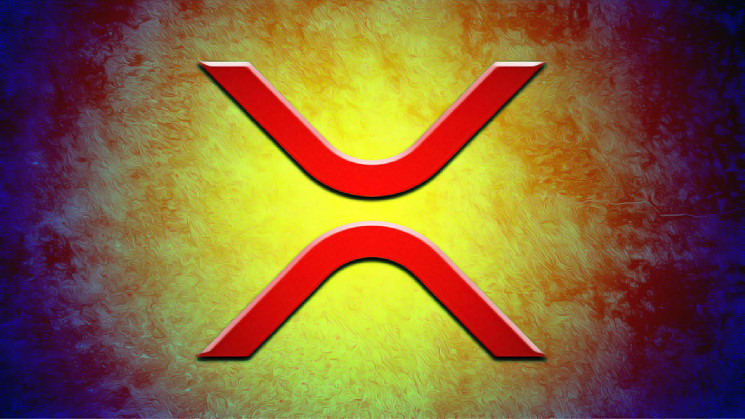- 1 Due to difficulties reaching their CEO, Multichain is experiencing operating problems.
- 2 To safeguard the interests of users, the team has halted services for more than ten chains.
The uproar over Multichain (MULTI), a well-known cross-chain protocol, reached a new high when the team revealed on May 31 that they were unable to get in touch with CEO Zhaojun, the only person in control of vital server access rights.
Since May 24, Zhaojun’s Twitter account has been inactive. Additionally, there are unsubstantiated claims that Multichain executives may have been detained in China.
Despite the fact that the arrests have not yet been verified or refuted by the authorities, Binance was compelled to react to the news and halt certain token deposits. Several Twitter accounts claim that law enforcement authorities have confiscated the company’s $1.6 billion wallet.
According to the Multichain Twitter account, this week’s challenges started on Monday and have since multiplied as a result of “unforeseeable consequences.” The crew said that despite their best attempts to follow procedure, they were “unable to reach” CEO Zhaojun in order to access crucial servers.
Effects of the CEO gone Missing
As service was disrupted for at least 11 chains, the issues faced by Multichain, the biggest blockchain bridge by assets, are beginning to have an impact on the blockchain sector. According to creators and security experts, more chains are likely to be disrupted.
As its CEO has not been reached yet, Multichain said on Wednesday that it has discontinued services for Kekchain, PublicMint, Dyno Chain, Red Light Chain, Dexit, Ekta, HPB, ONUS, Omax, Findora, and Planq chains.
While the market value of the top impacted blockchains, Ekta, ONUS, Omax, Findora, Planq, and Mint, is estimated by the data to be slightly over $55.5 million, Multichain also supports Ethereum and Binance Smart Chain. Multichain smart contracts have $1.45 billion in assets.
According to Bashash, if the Multichain bridge is unable to execute transactions, it will have a detrimental effect on all chains attached to it. He clarified that the circumstance is especially troublesome for networks where Multichain serves as a custodian on one chain and an issuer of wrapped tokens on another. “Not only will the collateral be lost, but the wrapped tokens’ value will be zero because they can’t be converted back into the underlying tokens,” the statement said.
Shahar Madar Comments on the Ripple
It comes down to two components of how Multichain developed its network and processes, according to Shahar Madar, head of security solutions at digital asset custody and settlement platform Fireblocks: “One is the redundancy. In addition, security is the second.
Despite having a decentralized protocol, Multichain’s controlled server access eventually led to significant ripples in downstream liquidity since there was no redundancy. As Madar notes, “One guy doesn’t answer the phone for 24 hours, and suddenly everyone fears for billions of dollars potentially.”
In addition, Madar questioned how much control any one person should have over a decentralized system given that a single party with central access might be compromised by forces outside of their control.
The evolving issue with Multichain, according to Madar, will serve as a future benchmark for single points of compromise and a lesson for creating “a more resilient ecosystem.”
 thecoinrepublic.com
thecoinrepublic.com
